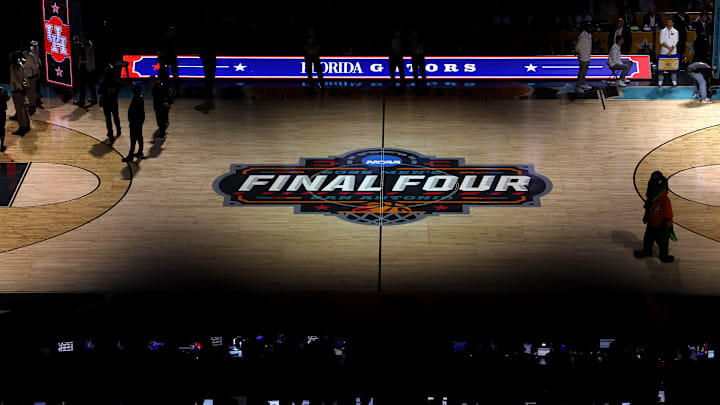According to Ross Dellenger over at On3, college athletics executives are inching closer to an agreement that would expand the NCAA men’s basketball tournament from 68 to 76 teams. The proposed model would debut in the 2026-27 season and feature a 12-game “opening round” at two sites. Instead of the “First Four” in Dayton, fans could soon be watching the “First 12,” with 24 teams battling for a spot in the main bracket.
On the surface, it sounds like more basketball and more opportunity. But the deeper question is the same one that has hovered over every expansion in sports: why?
The answer, as usual, is money.
A history of expansion
Expansion itself isn’t inherently a bad thing. The NCAA tournament has grown steadily since its inception. The 64-team field introduced in 1985 is now viewed as the gold standard for March Madness. It is neatly organized, easy to follow, and capable of producing Cinderella runs that have defined the sport. The 2011 expansion to 68 teams added the “First Four,” and while it was initially met with skepticism, it didn’t disrupt the flow of the tournament too heavily. And it gave some bubble teams a chance to get in.
Elsewhere in college sports, expansion has had its wins. The College Football Playoff (CFP), which is not at 12 teams, brought more deserving programs into the postseason spotlight It also did not water down the 4 teams that made it, there are competitve teams in the 12 that make the move viable. It was a necessary evolution for a sport that often left quality teams on the outside looking in. But that’s also where the NCAA basketball comparison gets tricky. Football was starving for expansion; basketball isn’t.
The problem with eight more teams
The tournament already welcomes 68 teams. That’s nearly one in five Division I programs making the field each March. The question is whether anyone truly believes adding eight more will make the product better.
Did fans outside of Morgantown and Bloomington really need a West Virginia vs. Indiana play-in game last year, neither team hit 20 wins. Will a 12th opening-round matchup carry the same gravity as a late-night buzzer-beater in the Sweet 16? Of course not. And is that team a team that should have been for sure in the tournament? No, probably not. So why?
It means more games on television. Yes, it also creates more inventory for advertisers. But does it add to the magic of March Madness, or does it risk watering it down? One of the great appeals of the tournament has always been its exclusivity. Every bid matters. Every bubble team sweats out Selection Sunday as the names are revealed. Expanding to 76 tilts the scales toward inclusivity, but at what cost?
Executives are “inching closer” to an agreement to expand the NCAA tournament to 76 teams with a 12-game “opening round” played at two sites starting in 2026-27, per @RossDellenger. pic.twitter.com/R8mjmuZfue
— Yahoo Sports (@YahooSports) October 2, 2025
Is this just about the money?
In today’s college sports landscape, every decision is filtered through one lens: revenue. NIL, conference realignment, and media rights deals have reshaped the financial structure of college athletics. The NCAA tournament, one of the last bastions of tradition and purity, is not immune. And it is going to change.
Advertisers want more slots. Networks want more games. Schools want more exposure. The NCAA, already navigating declining trust and shifting power dynamics, wants more guaranteed revenue streams. In that sense, a move to 76 is inevitable.
But inevitability doesn’t equal necessity or a good thing.
Protecting what makes March Madness special
March Madness is one of the most cherished sporting events in the world. Outside of the World Cup, it may be the most cherished event. It thrives on drama, unpredictability, and the idea that every game matters, every team can shock the country with an upset. Expanding too far risks tampering with that delicate formula.
If handled carefully, a 76-team format could blend into the fabric of the tournament the way the “First Four” eventually did. But there’s also a danger of creating early-round games that feel meaningless outside of two small fan bases. And meaningless games are the exact opposite of what March Madness has always been about.
Expansion is inevitable because the business of college sports demands it. But as the NCAA pushes toward 76, it must remember the core of what makes the tournament special: drama, scarcity, and stakes. If more becomes less, then all the extra revenue in the world won’t cover what’s lost.
Drew Holbrook is an avid Kentucky fan who has been covering the Cats for over 10 years. In his free time he enjoys downtime with his family and Premier League soccer. You can find him on X here. Micah 7:7. #UptheAlbion
